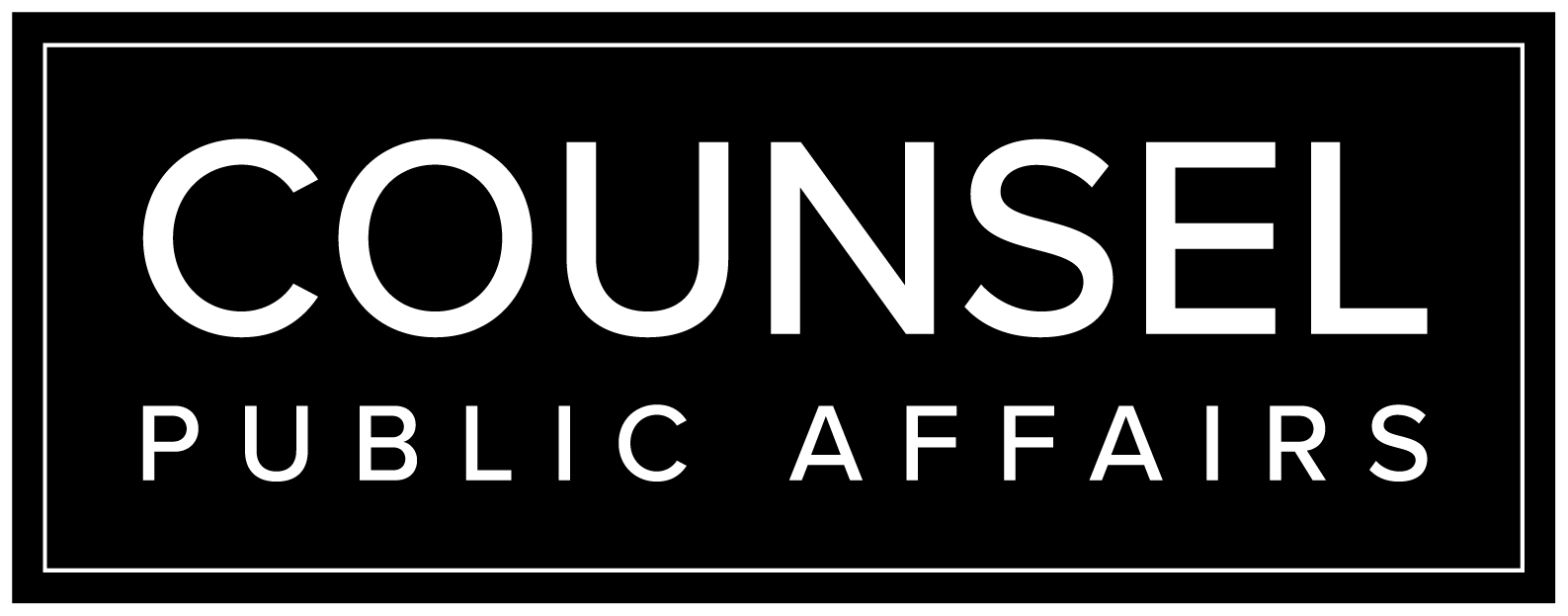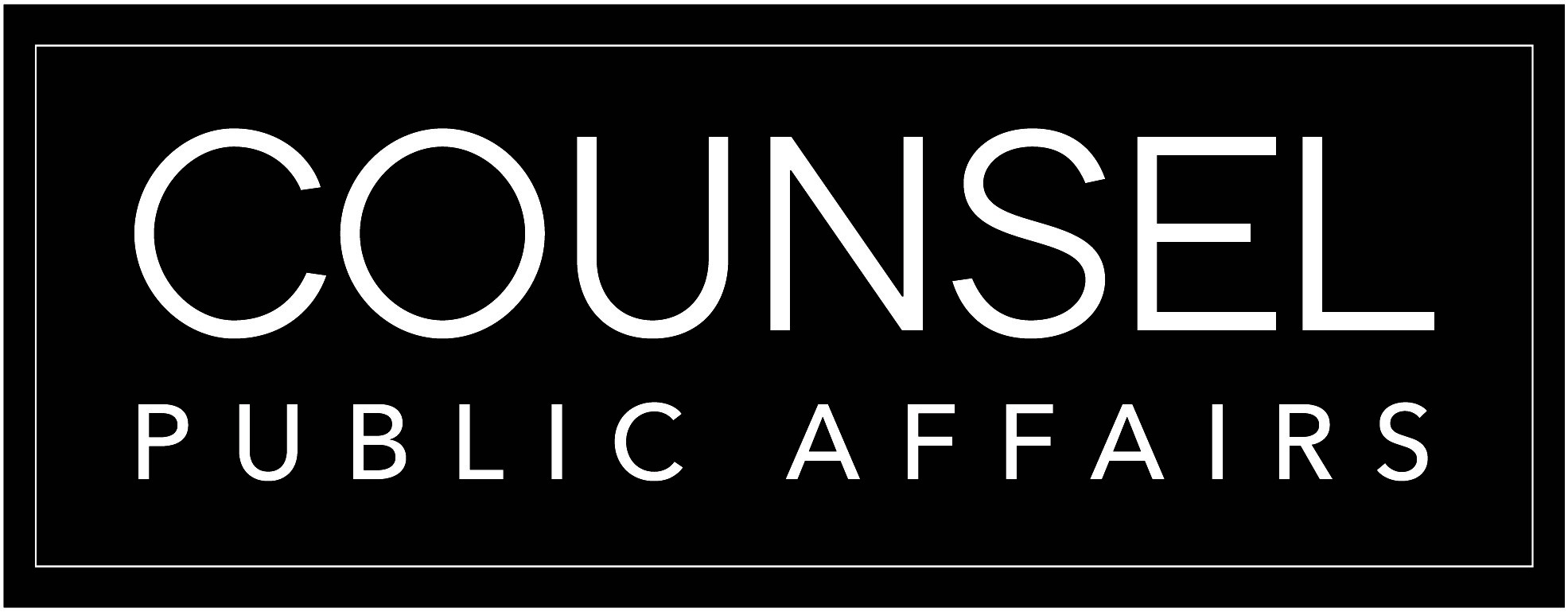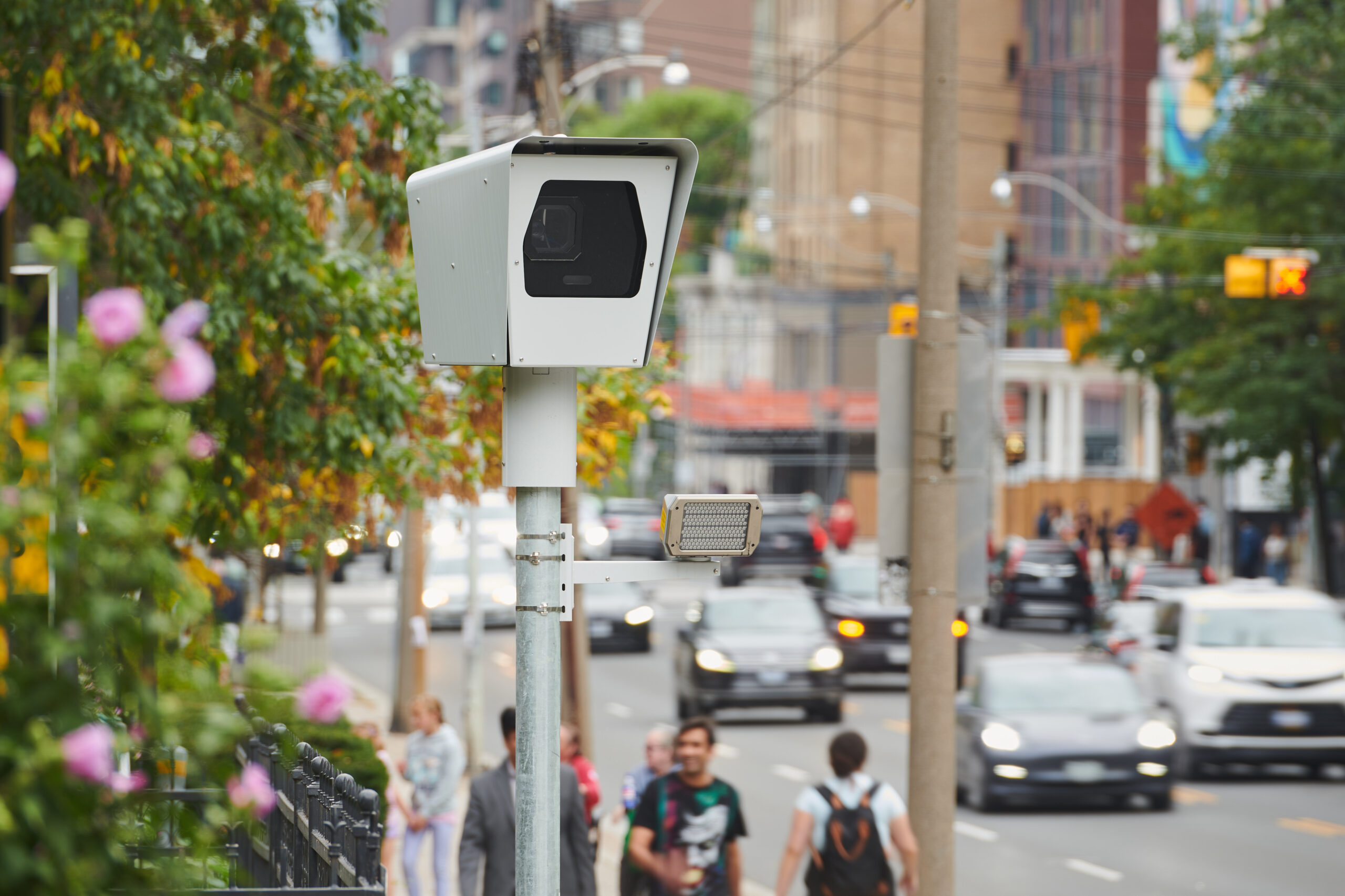If there’s one lesson from the Ford Government’s decision to scrap automated speed cameras, it is this: if your program does not align with the government’s values, you shouldn’t expect it to last. Speed cameras were not cancelled because the idea was new. They were cancelled because municipalities turned it into something Queen’s Park warned against from the start — a cash grab that eroded trust and offended Ontarians’ natural sense of fairness.
Speed cameras are nothing new in Ontario. They first appeared as “photo radar” under the Bob Rae NDP Government, sparked a public backlash, and were cancelled within weeks of Mike Harris’s PC government taking office in 1995. Years later, Premier Kathleen Wynne revived the concept under a more polished, less alarming label, Automated Speed Enforcement (ASE) with limited use in school zones and community safety zones. Looking to build bridges with municipalities that supported the idea, the Ford Government chose to carry forward the Liberal policy and permit their use.
Municipalities Blew a Major Opportunity
For years, municipalities have been calling for more taxation powers to deal with their growing list of cost pressures and major project priorities. They have also called for measures to improve road safety and enforcement. The Ford Government would certainly share the enforcement goal. However, a conflict was bound to arise between the revenue goals of municipalities and the current Ontario PC Government, which prides itself on never raising taxes on Ontarians.
ASE was a chance for municipalities to show they could be responsible and fair to taxpayers. Instead, the number of tickets became staggering, suggesting cameras were not slowing drivers down but becoming a reliable revenue stream to municipalities. Worst of all, the people paying the price were Ontario drivers, a core constituency for Premier Ford. His government has consistently rolled out infrastructure investments and cost-cutting measures to make commuting faster and more affordable.
In 2019, the Ontario Government set out clear, balanced guidelines for ASE. Revenues beyond the cost of operating the program were to be reinvested in local road safety and education. Ticketing was to be consistent with standard law enforcement practices, not triggering an avalanche of tickets to drivers marginally over the limit. Transparency rules required mandatory signage, warning periods, and online publication of camera locations — all intended to signal where cameras were in use and to deter speeding.
When municipalities abandoned that balance, it offended Ontarians’ sense of fairness and fueled the perception that ASE had become a cash grab. In scrapping the program this week, the Ford Government committed to funding community road safety and education initiatives directly.
Given ASE’s failure to meet provincial expectations, Thursday’s announcement is no surprise. From the outset, the Government signalled that the program would be reviewed after 180 days to assess whether legislative, regulatory, or policy changes were needed. Municipalities were made responsible for ensuring ASE was transparent, focused on safety, and capable of maintaining public trust. Although the review was delayed by the COVID-19 pandemic, the Government’s expectations never changed. Municipalities failed the accountability test.
Lessons Learned
Now in its third majority mandate, the Ford Government has a clear licence to act on its priorities: lowering costs, cutting red tape, and protecting taxpayers. It will not hesitate to step in when programs are seen as wasteful or misaligned — as shown by the end of ASE, recent school board takeovers, and more reforms expected this fall.
The lesson for municipalities and stakeholders is simple: get ahead of the government by eliminating waste and keeping costs down before Queen’s Park does it for you. Vaughan Mayor Steven Del Duca, who introduced ASE as a Liberal Minister, recognized its flaws and shut it down locally — a proactive move that earned Premier Ford’s respect.
When engaging with government, especially the Ford PCs, your program will be judged on whether it aligns with their principles — cost-conscious, pro-consumer, anti-tax, and transparent. Fail that test, and you risk cancellation. Pass it, and you create openings for deeper partnerships on initiatives that build a stronger province.
Counsel’s Vice President, Rob Elliott, was the policy advisor overseeing the Automated Speed Enforcement file in the Office of the Minister of Transportation in 2019 and Counsel’s Ontario Practice leader, Tim Hudak, was a Member of the Harris Government that initially scrapped it.


